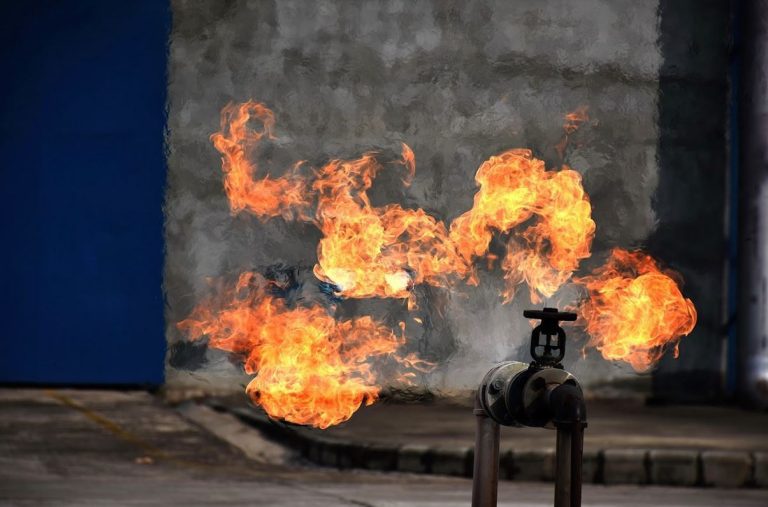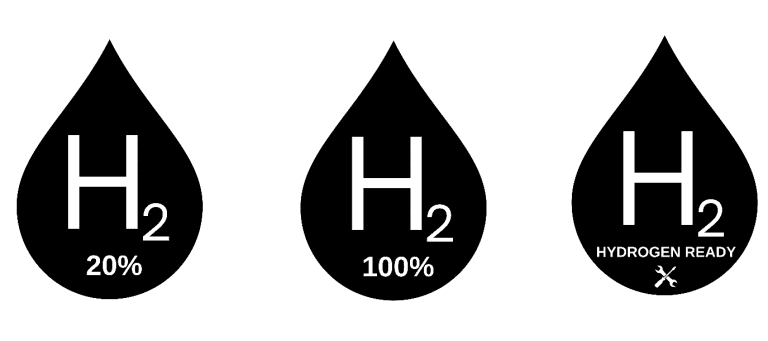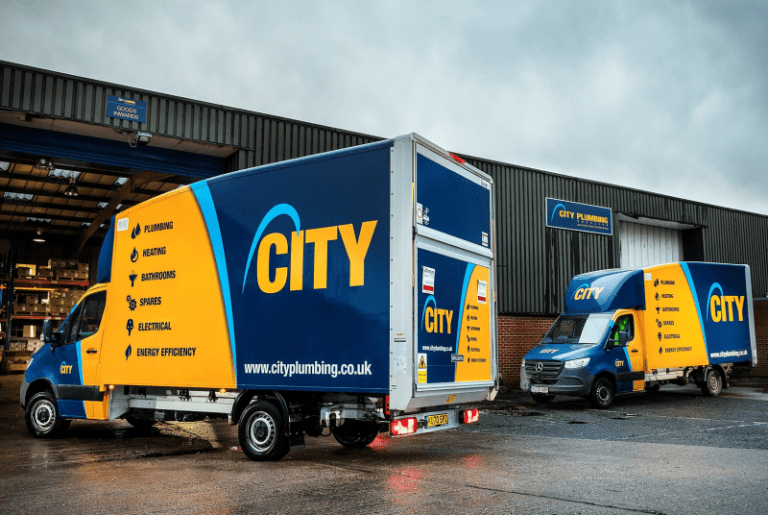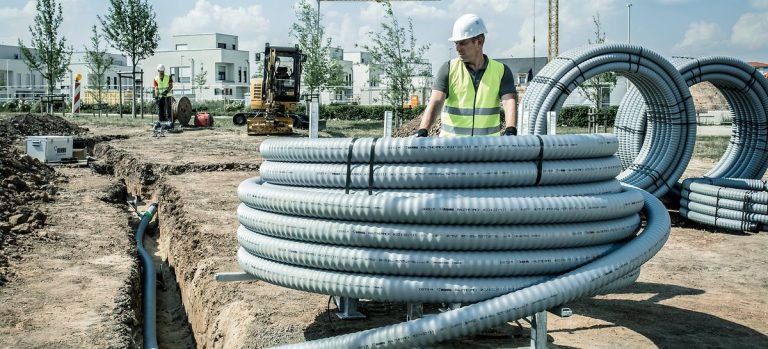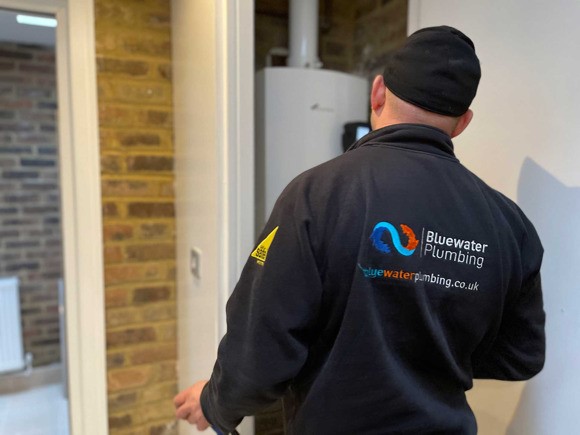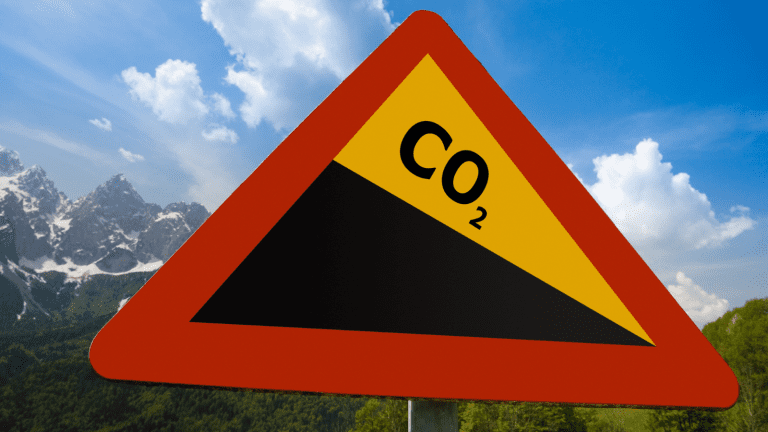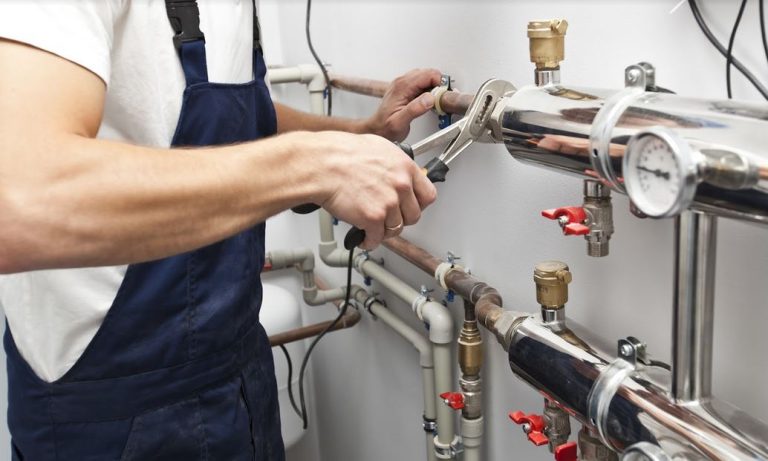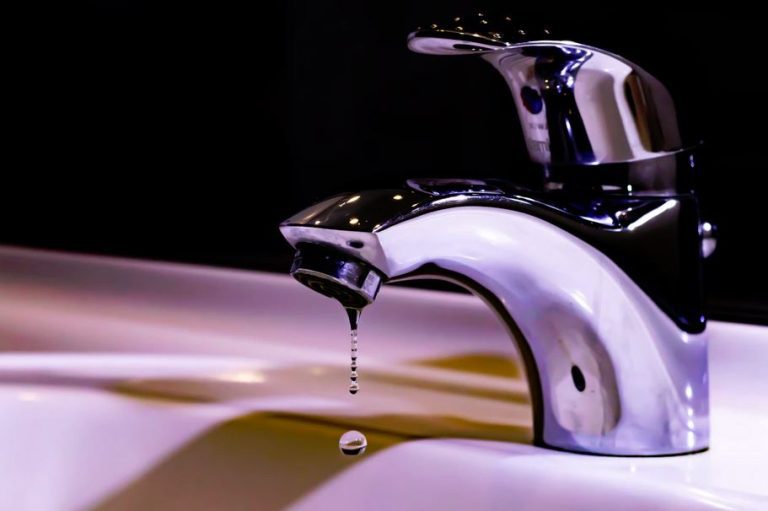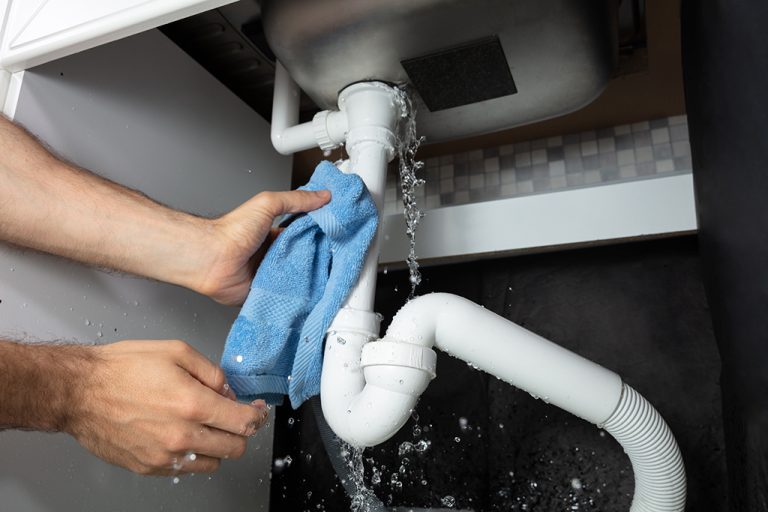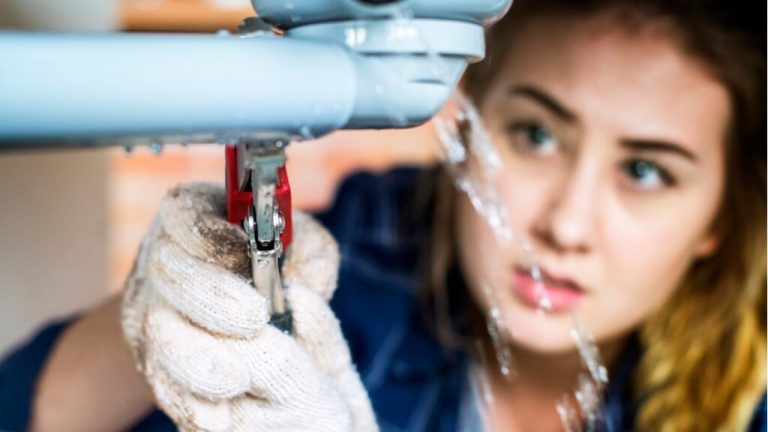Let’s face it. Clogging is a common issue in every home. As long as your house has a drainage system, you will experience some form of clogging at one time. Your sink will block. The toilet drain will clog, and the drainage flow will stop. These plumbing issues vary in magnitude and type. When clogging occurs, many people opt for DIY approaches. You will come across many articles and blogs offering ideas on how to deal with blocked drains. The idea of unblocking drains yourself is to help you save money. Some people will even advise you to never engage a plumber in such tasks. Whether true or not, working with a plumber when you face a clogging problem is crucial. Here are some reasons why: Drain cleaning chemicals damage your pipes Many do-it-yourself unclogging approaches involve the use of chemicals. The chemicals such as vinegar and baking soda work perfectly, solving the clogging problem. Many sellers of these caustic products promote them as healthy and user-friendly. They present them as an excellent way to save those coins you would use to hire a plumber. While the options work, what they do not tell you is the impact of the caustic chemicals on your drainage pipes. These elements eat up your pipes when their residue attaches to the interior surface. As you continue using them, you will likely suffer pipe bursts. Such an experience would be more costly than hiring a plumber. Despite the magnitude of the clog, involving a plumber is always a good idea than using these caustic substances. They have the right tools Plumbers are professionals who use specific tools in their job. They have special tools for handling each case in the plumbing system. When your drainage block, a plumber will bring the right tools to assess your situation. For instance, a plumber can have motorized and manual augers for snaking your drains. Also, they have HD drain and sewer line cameras for viewing your entire drainage system. Others have a hydro-jetting machine essential for cleaning your drainage and dealing with nasty smells. With these tools, you can be confident that they will troubleshoot and solve your clogging issue effectively. Clogging can be a sign of a bigger drainage issue Frequent clogging or multiple slow down on your drainage, maybe more than what you see. You might think that the issue is on your sink. So, you use the DIY mechanism to unclog it. Tomorrow, you experience a repeat of the same issue. Multiple clogging might be a sign of a bigger issue on your drainage system. In this case, considering a Sydney Drainage Plumber is a good idea. The plumber will use their drainage assessment tools. Through them, they will diagnose any other potential issues in your drains. This way, you will avoid future costly issues and get an immediate fix. Saves your money One marketing hype that DIY unclogging promoters use is that you will save money by unblocking your drains without involving a plumber. Though there is some truth in it, you might end up spending more money on fixing your drain that you would with a plumber. The caustic products are cheap, while other options do not require you to spend any cash. But involving a plumber is a money-saving affair. A plumber will do an intensive diagnosis of your drainage system. They understand that a clog might be a reflection of a bigger issue. So, they will not only fix the clog but will do extra assessments. This way, you will save money that you would spend on fixing the major drainage in the future. Professionalism A plumber will not only unblock your drains. Rather, plumbers like Fixed Today will offer professional drain cleaning services. The services will include cleaning any debris and sticky elements on your drain pipes. Also, they will clean out the residues of your DIY products lying on your pipes. Remember, plumbers have the right skills for handling each draining case. So, they will always offer professional unclogging services. This aspect will save you from other replacement costs. Hence, if you value professionalism, you should consider engaging a qualified plumber in any case of clogged drains. Reduce chances of future clogs No doubt, DIY unclogging does not offer a permanent solution. Your drainage will clog again after some time. The caustic products only work to remove the clogging debris but do not clean your pipes. This means that the greasy and dirty stuck on the pipe walls remain intact. In the end, these elements and chemical residues will cause another clogging in the near future. In some cases, they become corrosive and cause leaks on your draining system. Working with a qualified plumber comes with some benefits. As noted above, the plumber will not only unclog the drains but also will go on and clean them. This act removes all sticky elements enhancing the drainage flow. As well, a clean drain has lower chances of experiencing future clogs. Hence, a plumber provides a long-term solution, unlike the use of DIY approaches. Efficient and healthy As you know, clogged drains are smelly and awful, which makes them unhygienic and unhealthy. This aspect puts your family at risk of diseases. The debris and unclogging chemicals enhance bacteria growth. Others are hazardous and with the potential of hurting your skin. Since plumbers have professional training in handling clogged drains, they know the best chemicals to use in their job. So, they will only use substances that are less hazardous and safe for your health. This would not be the case when you use the locally fed unclogging products. Wrapping up In a word, clogged drains are a disaster in any household. Think of the awful smell and messy floods on the floor. When clogging occurs, many people rush for the DIY methods. Only a few homeowners contact a plumber. In essence, a plumber is the last resort for many people. However, this should not be the case. As
